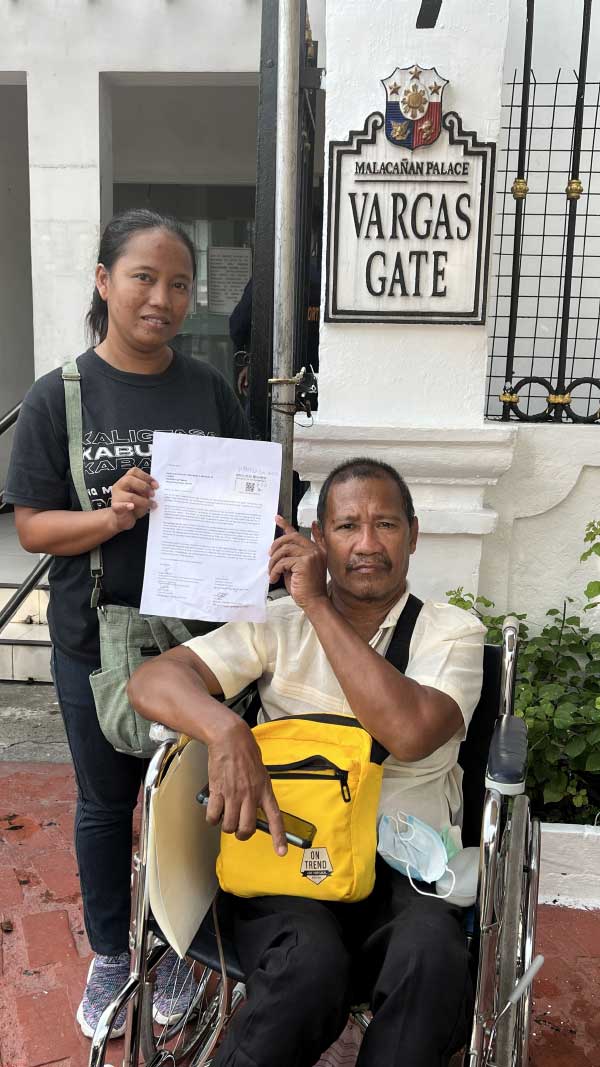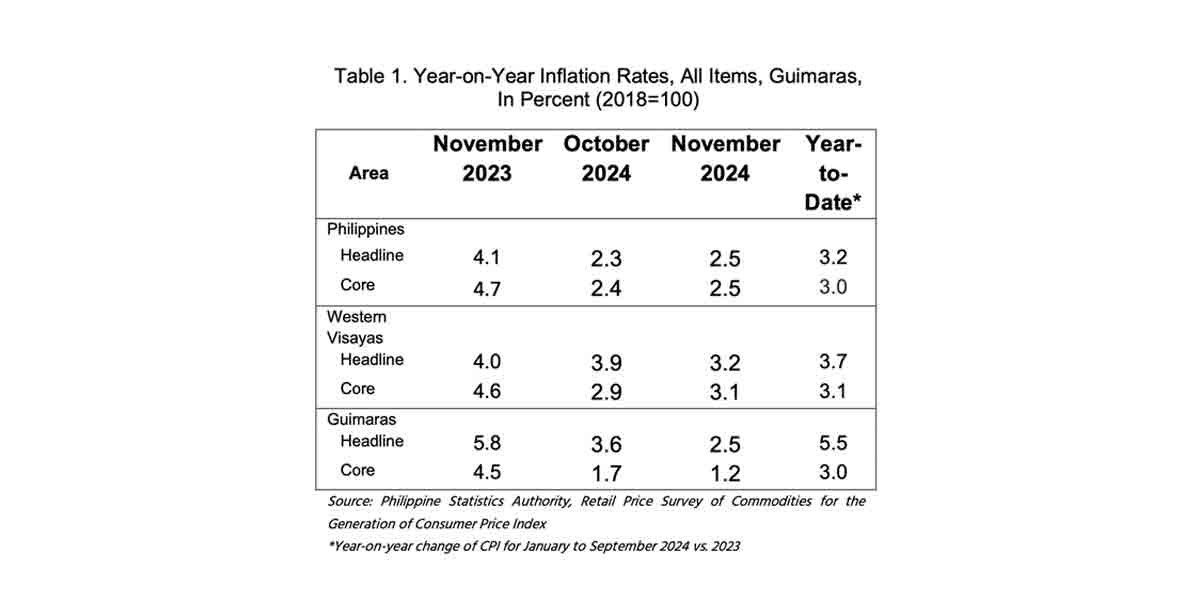
Fisherfolk groups and Oceana call as victory for the fisherfolk and the ocean the recent directive of President Ferdinand Marcos Jr to the Department of Agriculture (DA) and Bureau of Fisheries and Aquatic Resources (BFAR) to work closely with the Office of the Executive Secretary to craft the necessary issuances to implement Fisheries Administrative Order (FAO) No. 266, series of 2020, which requires commercial fishing vessels (CFVs) to install vessel monitoring systems (VMS).
“Ito ay tagumpay ng sama-samang pagkilos ng mga artisanong mangingisda, civil society groups, lokal na pamahalaan at akademya para ipaglaban ang pagpapatupad ng batas at mahigpit na bantayan ang mga municipal na katubigan laban sa iligal na pagpasok ng mga komersyal na sasakyang pangisda. Ang pagsuspindi sa VMM implementation ay katumbas ng panganib sa patuloy na pagkasira ng mga critical habitat sa pangisdaan, tahasang paglabag at pagbabalewala sa mahalagang probisyon ng Fisheries Code sa ‘preferential rights’ ng municipal fisherfolk at ng patuloy na pagsasalaula, paglala ng overfishing sa mga pangunahing fishing ground,” said Ruperto Aleroza, Vice chairperson for the Basic Sector ng National Anti-Poverty Commission at Sectoral Representative ng Artisanal Fisherfolk
In a statement submitted to Malacañang on June 7, the fisherfolk groups appealed to President Marcos to fully implement the commercial fishing vessels monitoring measures under the Fisheries Administrative Order (FAO) 266.
This was done in response to the Memorandum issued by Executive Secretary Lucas Bersamin that suspended its implementation.
International non-government organization Oceana opposed the memorandum as regressive and contradicts the Amended Fisheries Code, the Constitutional mandate for the State to protect its marine wealth, and the country’s international obligations to deter illegal unreported and unregulated fishing (IUUF) activities.
“We laud the President for listening to the call of the people who are seriously affected by the suspension of the vessel monitoring rules. This order by ES Bersamin clearly undermines the government’s obligation to establish and strengthen its monitoring, control, and surveillance system, which in turn impedes the ability of the government to enforce fishery laws effectively and efficiently. Failure to deter illegal, unreported and unregulated fishing (IUUF), such as uncontrolled intrusion of commercial fishing inside municipal waters resulted in overfishing and depletion of fish stocks in our fishing grounds which caused immense poverty and hunger in our coastal communities,” said Atty. Rose Liza Eisma-Osorio, Oceana’s Acting Vice President.
In a news release dated June 20 of the Presidential Communications Office, President Marcos Jr. has directed the DA and the BFAR to come up with comprehensive studies on the rehabilitation and maintenance of the country’s marine habitats to address illegal, unreported, and unregulated fishing (IUUF).
The President, who is also the concurrent DA Secretary, has emphasized in a meeting on June 13 the need for the Philippines to comply with its international commitments, particularly to the European Union on preventing IUUF. He also highlighted the importance of addressing the concerns of fishery stakeholders by using a science-based approach in managing marine resources.
The European Union market for Philippine fisheries and seafood products is a multi-billion dollar industry that would have impacts on exporters and those who depend on the export market.
“Ang paglagay ng VMM sa mga commercial fishing vessels ang inaasahan naming mga maliliit na mangingisda upang hindi kami maagawan at manakawan ng mahuhuling isda na ipapakain namin sa aming mga pamilya at kung may sobra ay maibenta para magkaroong ng kaunting kita,” said Norlan Pagal, President of Anapog Fisherfolk Association from San Remigio, Cebu.
The fisherfolk stated in their position paper submitted to the Office of the President earlier this month, the immense help that VMM provides to stop the continuous intrusion of commercial fishing vessels inside the municipal waters.
“Dagdag pa nito, banta rin ito sa mga kababaihang umaasa sa huling isda ng mga maliliit na mangingisda para sa kanilang kabuhayan at maliit na kita. Magdudulot ito ng kawalan ng kabuhayan lalo na at malaking bilang ng kababaihan ang nasa pagpoproseso tulad ng pagtatapa, pagtutuyo at pagbabagoong ganun din sa pagtitinda na siyang inaasahan namin upang matustusan ang pangangailangan ng aming pamilya lalo na na aming mga anak,” added Edlyn Rosales of PANGISDA Pilipinas.
VMM is considered as one of the effective measures to monitor fishing operations for fisheries management, especially inside the 15-kilometer municipal waters. This is even more important now because most of the country’s fishing grounds are found to be overfished.
Data from the Philippines Statistics Authority (PS) show that the volume of marine fisheries both commercial and municipal fisheries has been declining at least for the last decade.
Data from the National Stock Assessment Program (2017) indicates that 80% of our fisheries stocks are highly exploited.






















